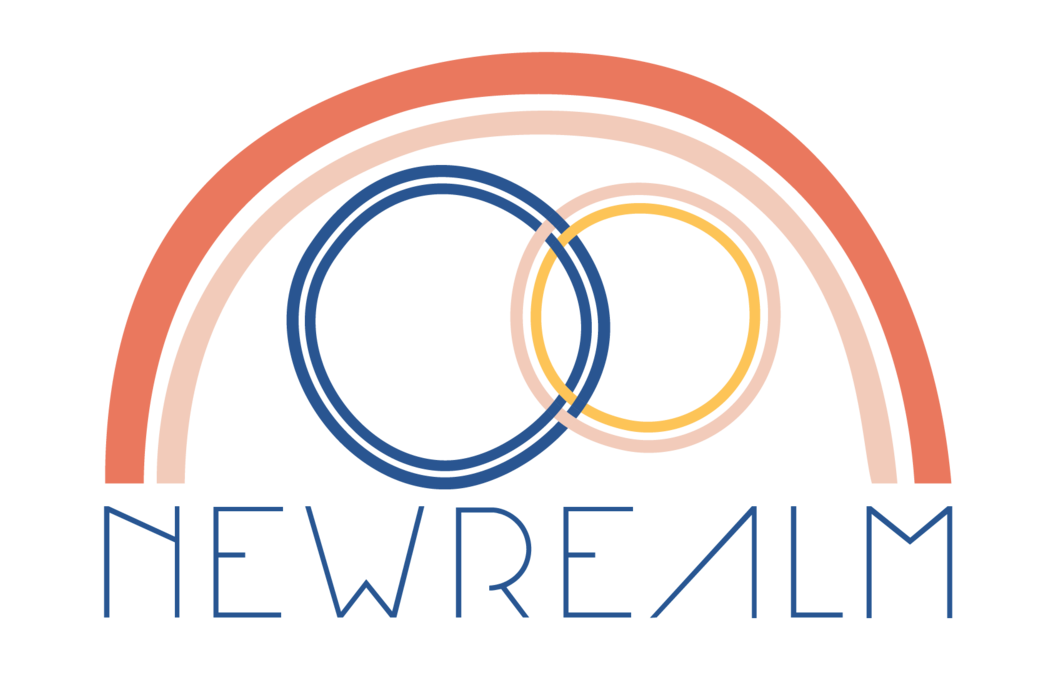Self-Awareness: It All Begins Here
Who am I?
What are my strengths?
What are my weaknesses?
What do I value?
What do I fear?
What is my purpose?
These are just some of the questions of self-awareness, a core competency of emotional intelligence. When you have strong self-awareness, you:
Know what you are feeling, why you feel it, and how it impacts your ability to perform and relate
Understand clearly your strengths and limits, leading to a realistic sense of self-confidence
Connect to your values and sense of purpose, allowing you to cultivate a more meaningful life
As an emotional intelligence coach, I often refer to self-awareness as home base. No matter which EI competency we want to work on, we always begin here.
Afterall...
How can we manage our triggers unless we know what they are?
How can we understand our environment without first understanding the lens through which we view it?
How can we embrace change without facing and releasing what we are afraid of leaving behind?
The list of questions pointing back to self-awareness is endless.
A good metaphor comes from agriculture. I encourage clients to see their beliefs, impulses, strengths, triggers and motivations -- all the things related to their thoughts and emotions -- like soil. While we may have to choose our crops based on the climate (outside of our control), how we work and tend to the soil determines the quality and vibrancy of what we will harvest. In other words, self-awareness can only make the outcome better.
Why self-awareness?
Studies show that when it comes to leaders, self-awareness is more important than smarts alone. Whether leading a team, an organization, or a household, I tend to argue that every one of us is called to lead at some time or another. Regardless of where we lead, self-awareness allows us to show up in this role with more authenticity, integrity, and resilience.
Korn Ferry research found that among leaders with multiple strengths in Emotional Self-Awareness, 92% had teams with high energy and high performance. In sharp contrast, leaders low in Emotional Self-Awareness created negative climates 78% of the time.
What better case can be made to ‘know thyself’-- particularly these days?
Practices for building self-awareness on your own:
Body Scan Practice: There is a strong bidirectional relationship between your thoughts, your feelings, your emotions, and your body. Closing your eyes and tuning in to your body helps you track how emotions show up in your physical experience. This is a powerful and often overlooked practice for cultivating self-awareness.
One example comes from a client. Using the body scan practice, he noticed that every time he felt fear, his throat closed up. Even before he could cognitively recognize and label the emotion, he would have trouble swallowing. This insight gave him a valuable runway, ultimately impacting how he was able to show up in conflict. In a tense conversation, he would pay attention to relaxing his throat. Aware of his body, he was able to avoid being blindsided by the emotion.
Mindfulness Practice: Let’s face it -- most of us walk around on auto-pilot these days. A simple mindfulness practice -- even just two minutes a day -- influences our ability to experience pleasure, reduce emotional reactivity, and increase attention. Think of it like this: to sail a boat you need to know the direction of the wind and the depth of the water. When you shut out distraction, focus on your breath, slow down your mind, and observe your experience, you get to see what you are really working with. From here, you can position your sails and set your course accordingly.
Introspection or Journaling: Am I holding on to something I need to let go of? What have I done lately that’s worth remembering? When did I last step outside of my comfort zone? What could I do differently? These are some of the prompts I use with my clients, many of whom have journaled their way to a variety of a-ha moments. Writing takes us beneath the layers of our everyday experience and often, what we remember or highlight about an experience tells us a lot about what we value.
Building self-awareness through coaching:
360 Assessment: How does your view of yourself fit with how others see you? As an EI coach, I often use the Emotional and Social Competency Inventory (ESCI), a 360 assessment developed by Daniel Goleman and Richard Boyatsiz. Here, my clients are able to rate themselves across the twelve competencies of EI and compare their own ratings to those of their colleagues -- vertically and horizontally. The ESCI provides a quick snapshot of when and where my clients over or underestimate themselves. This can help you adjust and define your goals for coaching.
Coaching: How do you change your habits if you aren’t aware of them? As a coach, my primary role is to help my clients see the patterns in their thoughts, feelings, and behaviors. Through listening and questioning, a coach can help you connect the dots between what you say, do, believe, and experience. Then and only then, can you understand your habits and access the motivation to change them.
I’m self-aware. Now what?
The last question I will pose is this: What good is self-awareness if we aren’t using it to take external action and be better people in the world?
Because the goal of personal growth and development is to better ourselves, we always run the risk of becoming overly focused on the “I.” As you think about expanding your self-awareness, remember this: it’s home base. If you want to make a home run, you will need to run the whole field, keeping in mind you are part of a team, always connected to the experience of others.
